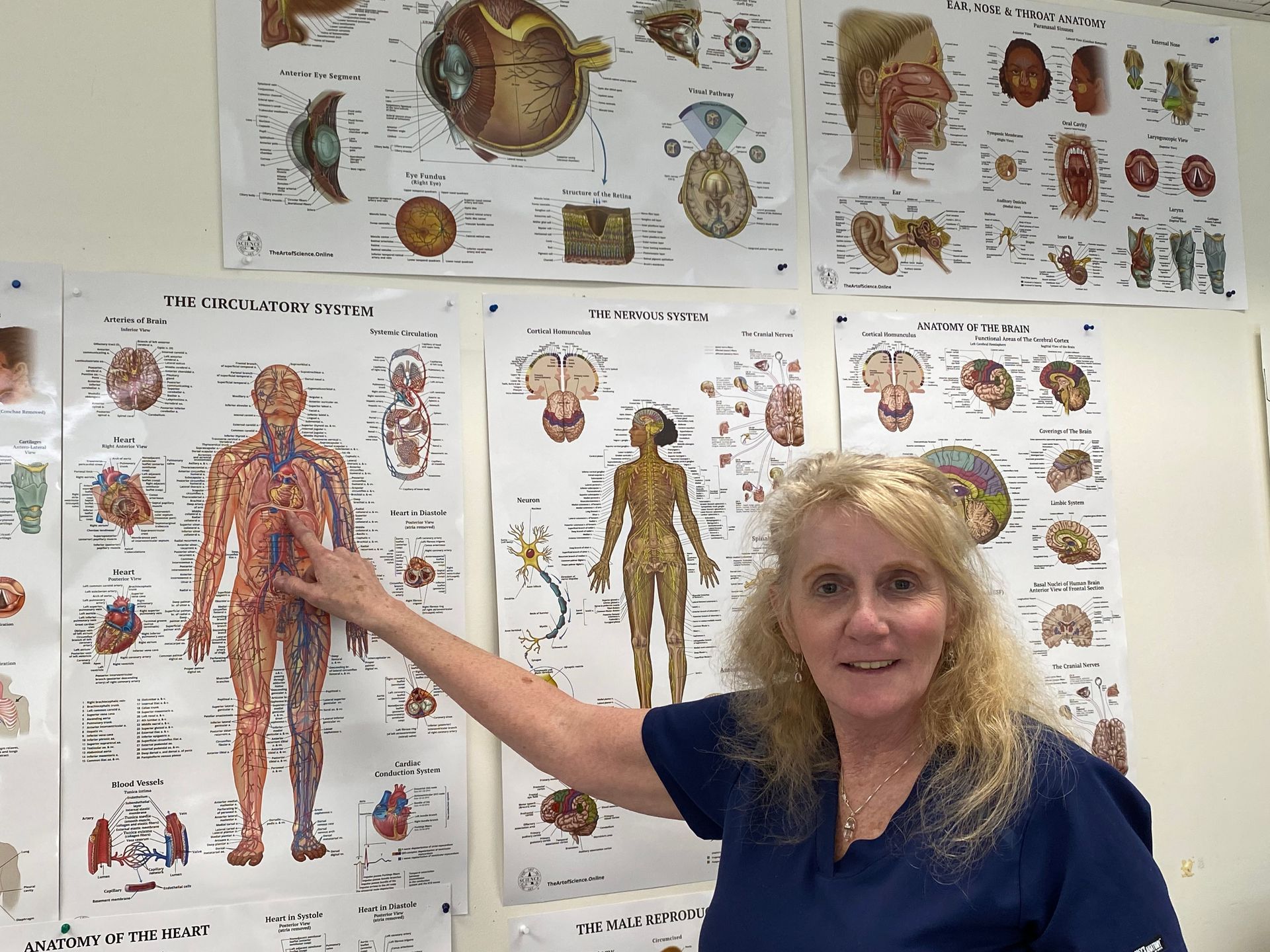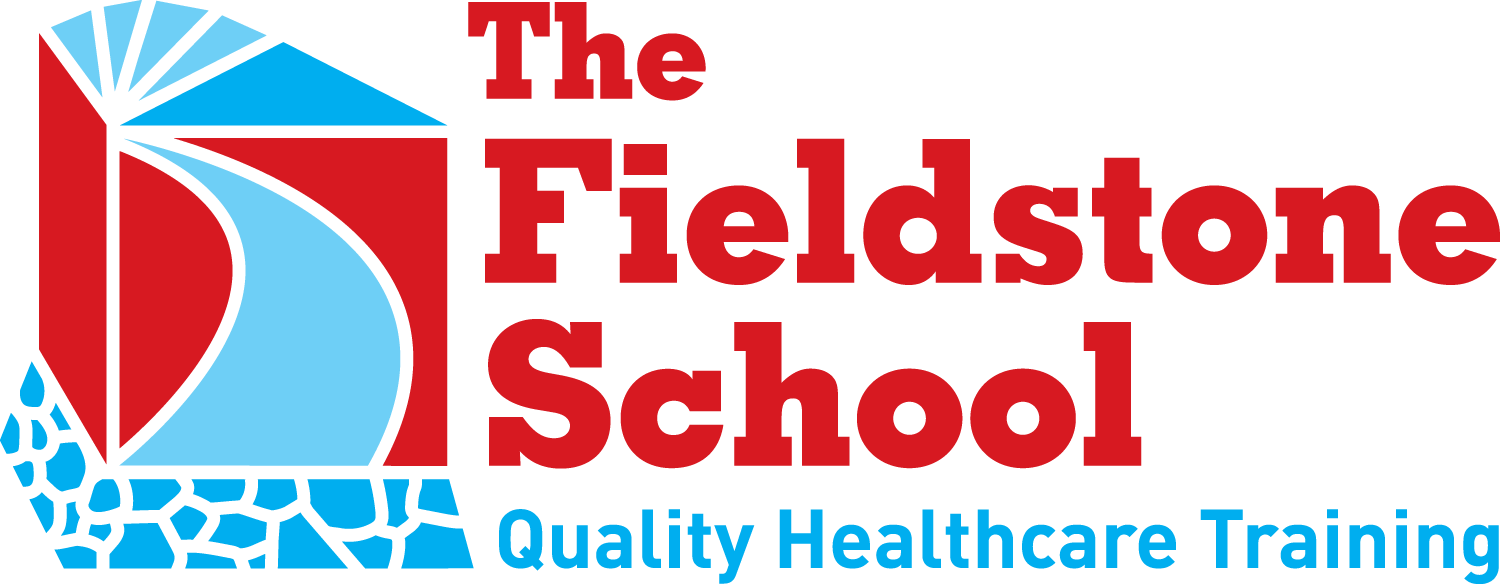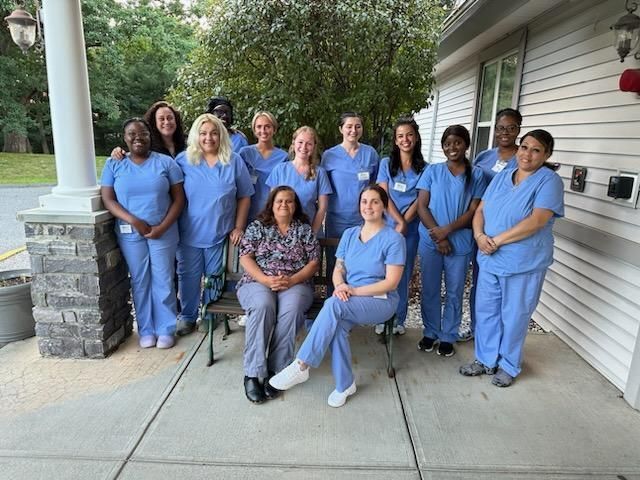Vaccines Protect Patients
Your patients need to be protected
Some students don’t understand why I insist they be vaccinated for COVID-19. They need to do this both to participate in our healthcare training programs and to comply with the state mandate for home care workers and health facilities staff. It’s simple: vaccines don’t just protect you, they protect the people around you.
Most importantly, I believe it is the ethical responsibility of healthcare workers to be vaccinated for the virus to protect patients. Some healthcare workers say it is their right to choose not to be vaccinated. They do have that right, but they should consider going into another field if they don’t want to take the responsibility of protecting the patients they work with. Do no harm is the mantra in the healthcare industry.
COVID-19 has killed more than 850,000 people in the U.S. and 5 million worldwide. Unvaccinated people are more likely to contract COVID, have more severe symptoms that require hospitalization and die from the virus. Precautions need to be taken to ensure patients in hospitals and other healthcare facilities are not exposed to the virus.
The Centers for Disease Control and Prevention says getting vaccinated also will reduce your chances of contracting COVID-19 from working with infected patients or handling materials that may contain the virus. You will not only protect yourself, you will also protect your patients and members of your family.
The Delta variant has caused more infections and is much more contagious than the original form of the virus, making vaccinations even more essential. Another variant – Omicron – emerged in November in southern Africa and spread quickly across the United States. Early studies show it is more transmissible and may have milder effects, but scientists need more data to gauge how well existing vaccines work against it.
Healthcare workers are required to be vaccinated for rubella, hepatitis B and influenza in many hospitals. The COVID-19 vaccines became divisive, in part, because the virus and restrictions to minimize its spread during the pandemic were considered political. Some people have medical or religious reasons for not being vaccinated.
Children and adults have been receiving vaccines for decades. Vaccines have saved lives and reduced the prevalence of some diseases in the U.S. According to the CDC, those diseases include polio, tetanus, influenza, hepatitis B, hepatitis A, rubella, Hib meningitis, measles, whooping cough (pertussis), pneumococcal disease, rotovirus, mumps, chickenpox and diptheria.
I’m grateful for all the potential students who are interested in participating in our highly regarded healthcare programs. I hope you will understand why vaccination for the coronavirus is so important, particularly in this field, and will be vaccinated so you can participate.






